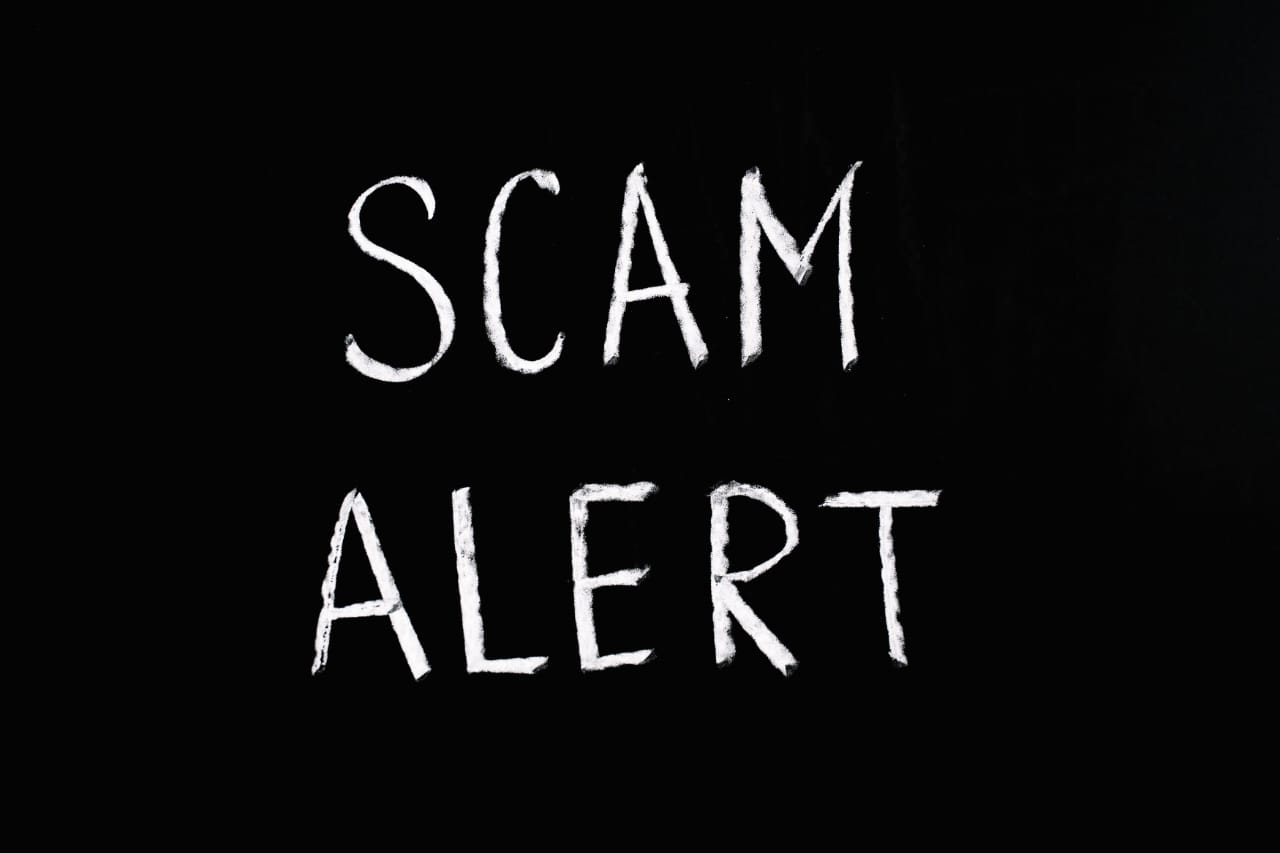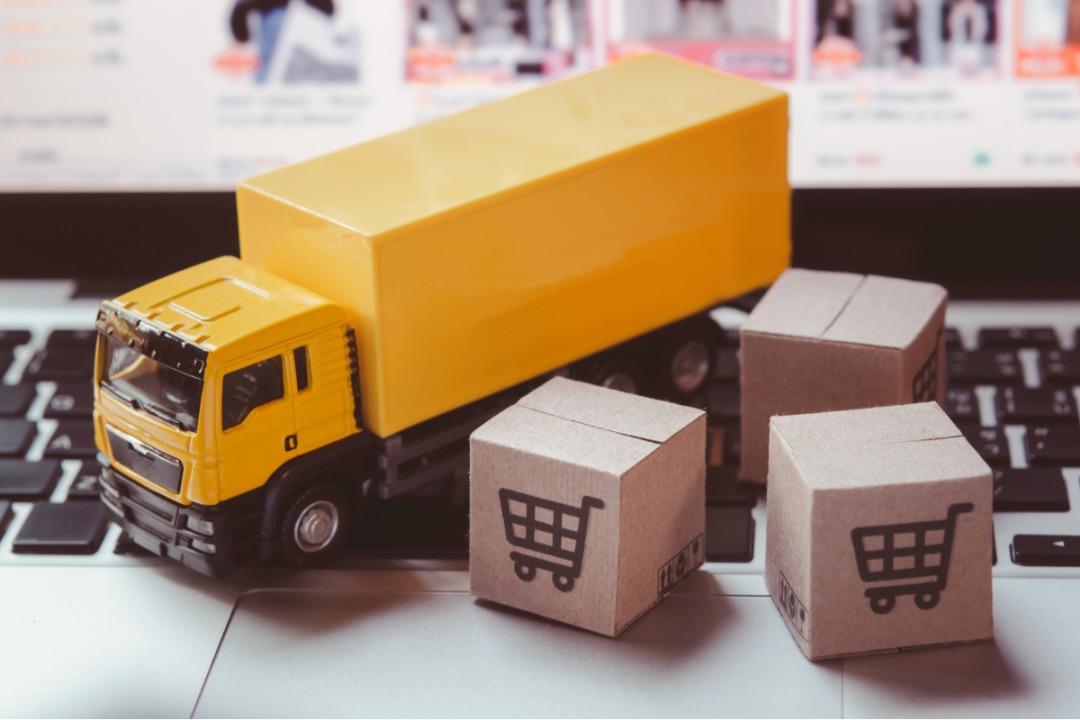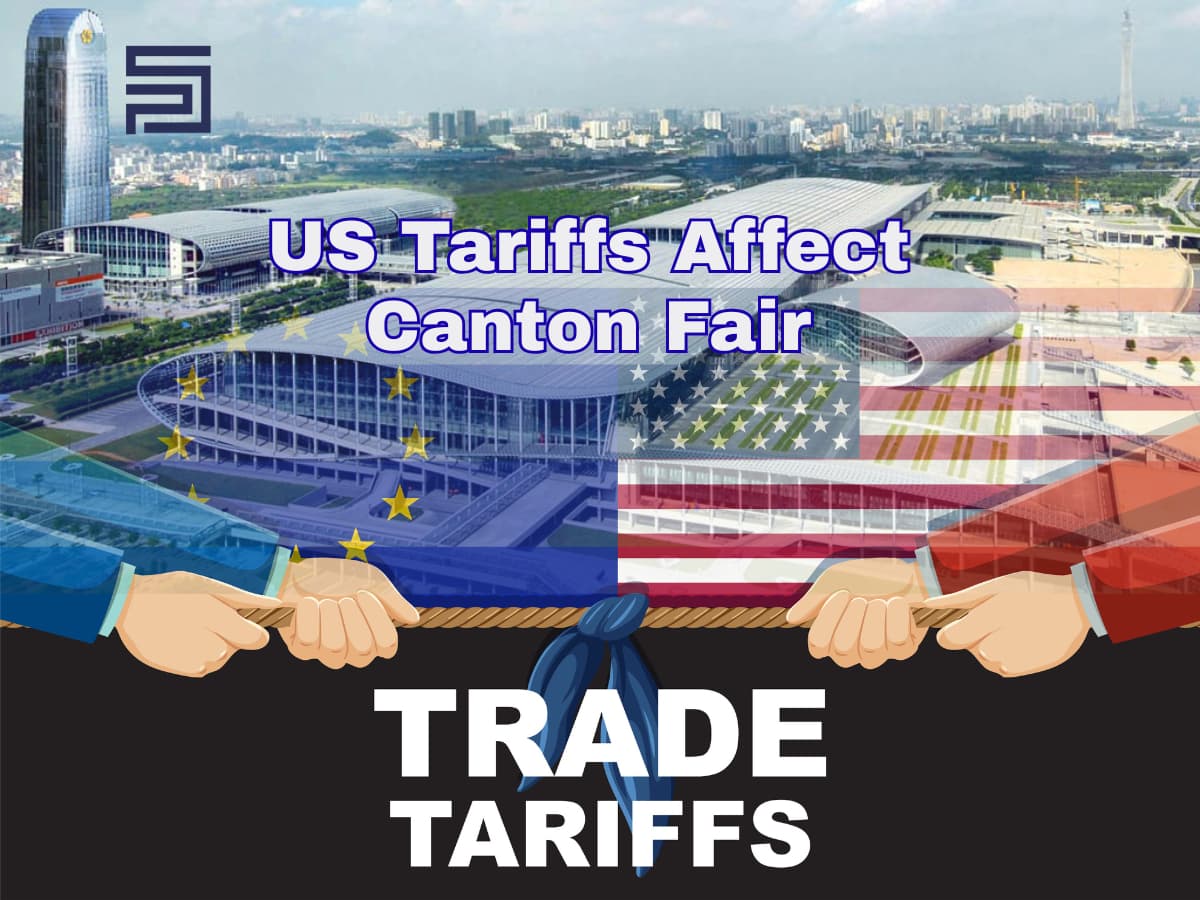The activities of scammers on Chinese e-commerce websites are no longer news. Even experienced buyers get fooled.
In fact, 75% of fake goods seized by US Customs in 2021 came from China. If you're here, you're likely looking to ensure that doesn't happen to you, and you're in the right place.
Beyond flashy storefronts and unrealistically low prices, there are clear red flags you can learn to spot fake suppliers in seconds. This article covers all the red flags we check for when sourcing products for our clients.
Do you need the assistance of a professional to inspect a Chinese supplier and verify that they are legit? Contact our team today, and we will get back to you with valid details about the supplier.
Essential Online Verification Steps
1. Check the seller's ratings:
Seller ratings are your first line of defence when evaluating a supplier's trustworthiness. Think of them as a digital reputation score based on previous buyers' experiences.
A consistently high rating, especially over hundreds or thousands of transactions, is usually a strong indicator that the seller delivers what they promise.
On the flip side, low ratings, especially when paired with negative reviews, should raise immediate red flags.
While it’s true that some new or smaller sellers may not have a long track record, it's generally safer to avoid those with little to no feedback, especially if the prices seem too good to be true.
2. Read the reviews:
Reviews can be a goldmine of truth if you know how to read between the lines. While some reviews may be fake or exaggerated, taking time to read real customer feedback alongside seller ratings can help you spot red flags early.
Genuine reviews reveal a lot:
- Product quality,
- Communication, and
- How the seller handles complaints.
Watch out for repeated complaints or vague praise that sounds too generic; it could indicate fake or incentivised feedback.
If a Chinese supplier consistently delivers subpar products or disappears after payment, chances are, someone’s already dropped that warning in the review section.
3. Verification status:
Verified suppliers are usually based in China, Hong Kong, or Taiwan and have undergone inspection by trusted third-party agencies.
When a supplier is verified, their profile will clearly display this status along with what exactly has been verified, such as their business license, manufacturing capabilities, or on-site operations.
This verification isn't just a badge; it's a sign that the supplier has passed a layer of professional scrutiny.
While it's not a 100% guarantee of perfection, verified status significantly reduces your risk.
4. Look for the Gold Supplier badge:
On platforms like Alibaba, the Gold Supplier badge is more than just a shiny icon. It’s a key indicator of credibility.
This badge is awarded to suppliers who have opted into a paid membership, with annual fees ranging from $2,999 to $5,999.
Why does that matter?
Because scammers rarely invest that much money into an account they plan to abandon.
Gold Suppliers have been verified by Alibaba through identity checks and other assessments, and the badge signals that the supplier has a consistent record of engaging in legitimate business.
While it’s not a foolproof guarantee against scams, it drastically lowers the risk, especially when combined with other verification steps.
5. Check the supplier's profile:
Before doing business with any supplier, take a close look at their profile page. A complete, detailed profile is often a strong indicator of professionalism and legitimacy.
Look for clear company information, verified contact details, a business license, and an organised catalogue of products.
An active supplier will usually showcase years of experience, factory certifications, and even photos or videos of their operations. These details help you gauge not just their legitimacy, but also their level of expertise in the industry.
If a profile looks empty, inconsistent, or lacks basic information, consider it a major red flag.
Don’t stop at what the e-commerce website tells you. Fake suppliers often create polished profiles to look legitimate, but a quick Google search can reveal a completely different story.
Look up the supplier’s company name, website, and social media handles (if available). Check if their website looks professional, has a company address and contact details, and matches the information on their e-commerce profile. Cross-check everything.
You can also search their name in Chinese business directories or even use tools like Qichacha (with help from a translator) to verify registration details.
If nothing shows up outside the e-commerce site, or worse, you find scam reports or suspicious activity, walk away to another supplier.
7. Watch out for Too Good to Be True deals:
If a Chinese supplier is offering luxury goods or high-end products at unbelievably low prices, take a step back—it’s likely a trap.
Fake sellers thrive on irresistible deals to lure in unsuspecting buyers. They know the promise of big savings can cloud judgment.
Here’s a rule of thumb we use at SARA: if the price seems too good to be true, it probably is.
We always compare prices across multiple suppliers for the same product. If one is significantly cheaper without a clear reason, like bulk order discounts or factory clearance, it’s a red flag.
Genuine suppliers work with slim profit margins, not miracles.
8. Inability to answer basic questions about the product they are selling:
One of the simplest yet most powerful ways to test a Chinese supplier’s credibility is to ask questions.
Not just generic ones. Ask about product specifications, packaging, materials, certifications, production time, or anything a real manufacturer or distributor should know offhand.
A legitimate supplier will welcome your questions; they see it as part of doing business and an opportunity to win your trust.
But a scammer might dodge, delay, or give vague responses because they don’t have the product or know anything about it.
If a seller struggles to answer basic inquiries or seems hesitant, generic, or slow to respond, that’s a major red flag.
9. Unable to offer trade assurance:
One of the biggest safety nets for buyers on platforms like Alibaba is Trade Assurance.
It’s a free service that protects your payment if the supplier fails to ship on time or delivers products that don’t match the agreed quality or specifications.
A trustworthy supplier will have no problem offering Trade Assurance; in fact, they usually highlight it as a selling point.
But if a seller avoids the topic or tells you to handle the transaction outside the platform (e.g., through a personal bank account or WhatsApp), that’s a huge red flag.
Physical and Sample Validation Steps
10. Ask about their physical store or warehouse:
Legit suppliers usually operate from a physical store, warehouse, or factory, and they won’t hesitate to share that information with you. Even though you might not be able to visit in person, simply asking about their physical location can help filter out the fakes.
Scammers often avoid these questions or give vague answers because they have no real facility behind their flashy online profiles. So, if a seller dodges the topic or can’t provide a verifiable address, that’s a red flag you shouldn’t ignore.
We understand that anyone can list a random address online. That's why we often arrange factory inspections for our clients.
It’s not just about confirming the supplier’s legitimacy, but also about verifying the quality of their products firsthand.
11. Inability to provide samples:
If you're placing a large order, asking for a sample first isn't just smart, it’s essential.
Genuine suppliers are usually happy to send samples because they know it's a stepping stone to a bigger deal.
But if a seller refuses, dodges the request, or gives excuses, consider it a red flag. It could mean they’re either not confident in their product or they don’t have any real product to begin with.
Source Goods from Chinese E-commerce Websites with SARA for Safety.
By applying any of the steps above, you can detect fake suppliers on these websites, but sometimes it is not that easy, as scams grow more sophisticated.
At SARA, our proven, multi-layered verification process combines online checks, factory inspections, and sample testing to give you iron-clad assurance that your supplier is legitimate.
But we don’t stop at supplier vetting. SARA handles the entire end-to-end process, from procurement, customs clearance, shipping and home deliveries. With SARA as a partner, you can focus on growing your business, not chasing paperwork.
Contact SARA today, and let our team connect you with reliable Chinese suppliers, streamline your logistics, and safeguard every shipment.
Frequently Asked Questions (FAQs):
How can I verify if a Chinese supplier is trustworthy?
Check their seller ratings and read detailed reviews, confirm Gold Supplier or verified status on platforms like Alibaba, and employ the assistance of a sourcing expert.
What are the common signs of a fake Chinese supplier?
Unrealistically low prices, no Trade Assurance option, sparse or vague product information, and evasive or slow responses to basic questions about the product or factory.
Is there a way to know if the supplier has a legit factory?
Yes, ask for factory photos or videos and request a third-party on-site inspection. Our team at SARA can help you here.
How to find reliable Chinese suppliers online?
Use reputable directories (Alibaba Gold Suppliers, Global Sources, Made-in-China), cross-check profiles on Google and business directories like Qichacha, and always request Trade Assurance or escrow payment.






Comments
Please log in to leave a comment.